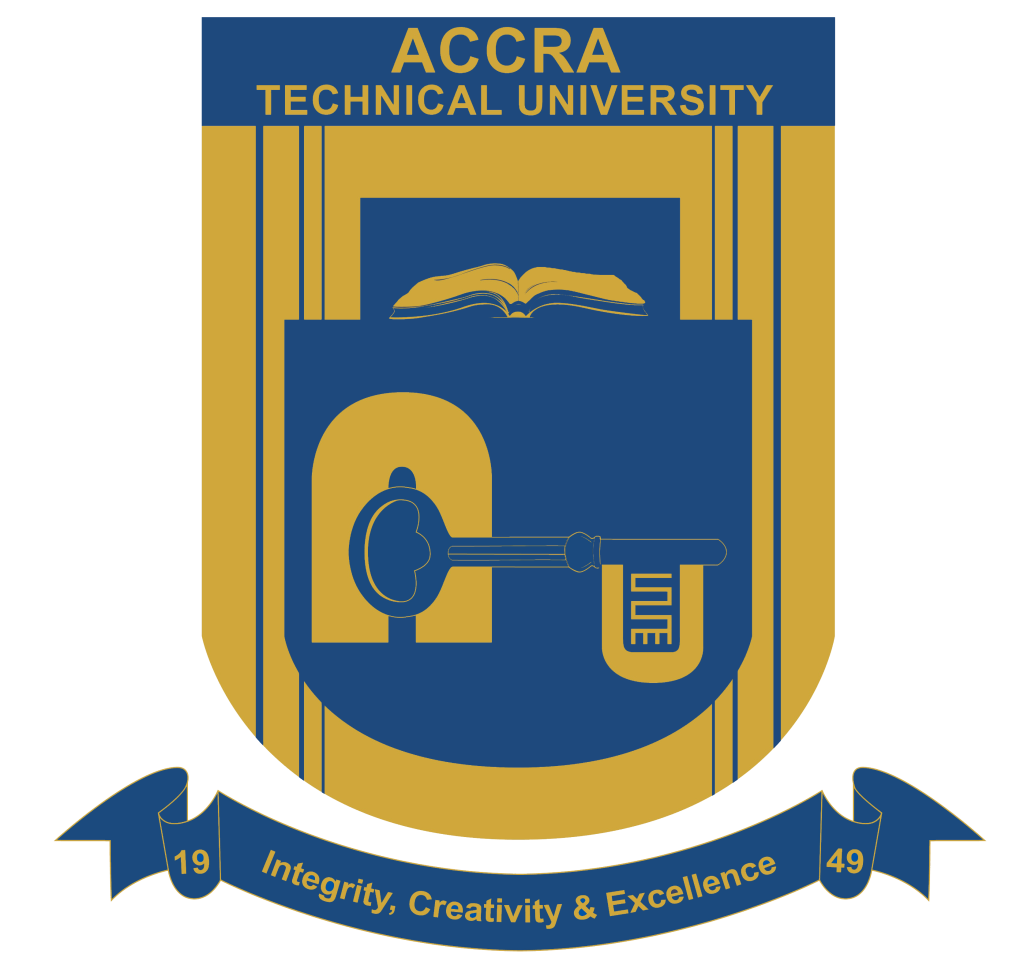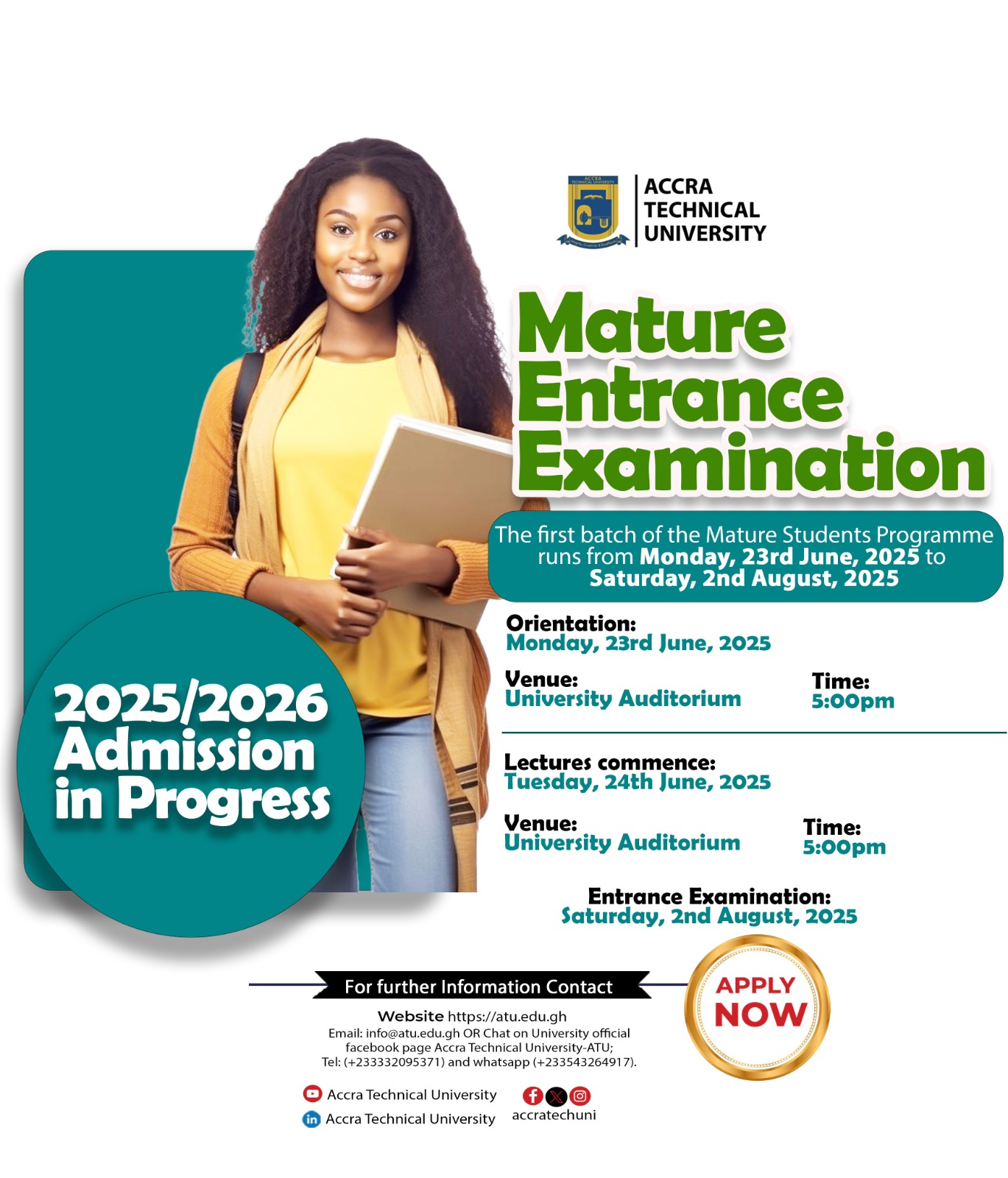Bridging Gaps, Inspiring Students, and Impacting Stakeholders in African Healthcare
In the dynamic landscape of global health challenges, the Research, and Innovation Systems for Africa (RISA) programme, funded by the UK Foreign, Commonwealth, and Development Office (FCDO), has embarked on a groundbreaking initiative to fortify African research and innovation ecosystems. The Accra Technical University’s Africa Health Research and Innovation Project (ATU-AHRIP), a pivotal component of this programme executed under the auspices of a grant, stands out for its unique approach – the adoption of the Design Thinking Methodology for fostering innovation in Ghana’s health sector.
Design Thinking Methodology Unleashed
At the core of AHRIP is the Design Thinking Methodology, a human-centered problem-solving approach that places people at the heart of the innovation process. This methodology, grounded in empathy and understanding user needs, served as the guiding framework for the project’s two boot camps, where students underwent an immersive “learning by doing” experience.
The first boot camp unfolded over three weeks at the Accra Technical University Campus, engaging an average of 50 students per day organised into groups of five. Facilitators from ATU and Design Thinking Ghana Hub (DTGH) collaborated, ensuring a robust transfer of knowledge and capacity-building. Students delved into modules such as Introduction to Design Thinking in Health Care, Deep Dive into The Double Diamond, and Conducting Ethnographic Research.
Building on the insights gained, Bootcamp 2 focused on ideation, prototyping, and testing. The teams refined their prototypes through low-fidelity prototyping sessions, supported by mentors and coaches. The iterative nature of the design thinking process ensured that solutions were desirable, viable, and feasible.
A crucial aspect of the design thinking process, ethnographic research, involved teams immersing themselves in stakeholders’ environments. Through in-depth interviews, direct observation, and shadowing, students uncovered authentic stories and gained profound insights, contributing depth to the collected data.
Impact Beyond Borders – Nurturing Young Minds
The project’s reach extended beyond Ghana with design thinking boot camps for Senior High School (SHS) and tertiary students. The SHS Design Thinking Bootcamp introduced 60 students to the methodology, cultivating a culture of innovation from a young age. Tertiary students benefited from a hands-on experiential learning opportunity, navigating the design thinking process from empathy to testing.
A one-day virtual design thinking session for West African participants expanded the project’s impact internationally. The session, attended by 30 participants from partner Nigerian Universities, showcased the power of design thinking in creating innovative solutions.
Beyond the virtual interactions, the project’s collaborative efforts included working visits to institutions engaged in ethnographic research. The Validation Workshop prepared teams for an upcoming innovation fair, emphasising the transition from prototypes to Minimum Viable Products (MVPs).
Monitoring and Evaluation: A Holistic Approach
A robust Monitoring and Evaluation (M&E) system tracked project progress and participant outcomes, utilizing surveys and in-depth interviews to measure effectiveness. Gender Equality and Social Inclusion (GESI) were seamlessly integrated from recruitment to prototype development, ensuring diversity and inclusion throughout the design thinking process.
Impact Stories and Triumphs: A Glimpse into the Future
Encouraging interest from stakeholders and a proposal to include design thinking as an elective course at ATU highlight the project’s success. The exhibition of 29 prototypes, including innovations like a blood warmer and a lump detection device, showcases the tangible impact of ATU-AHRIP.
The ATU-AHRIP stands as a beacon of innovation, transforming healthcare through the Design Thinking Methodology. With a focus on empathy, collaboration, and continuous improvement, the project exemplifies the potential for design thinking to drive positive change in African research and innovation ecosystems. As the prototypes transition to real-world applications, the lasting impact of the ATU-RISA Project on healthcare in Ghana and beyond is poised to be significant.

